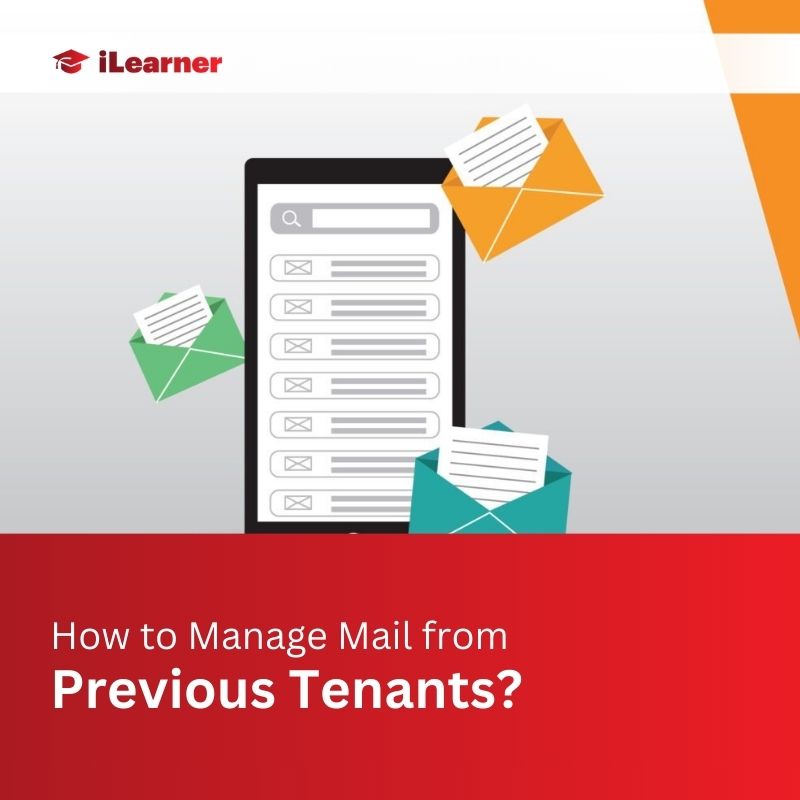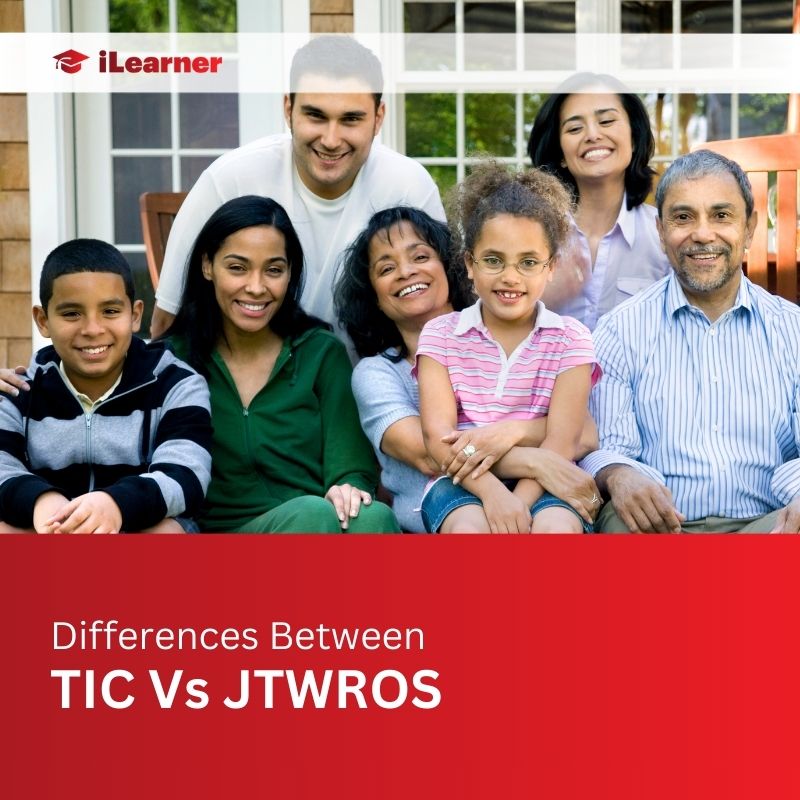Embarking on the journey of transforming your property into a short-term rental is an exciting venture, promising potential financial gains and the opportunity to connect with a diverse array of guests. However, navigating the realm of short-term property management fees can be a daunting task.
In this comprehensive guide, we will unravel the intricacies of these fees, empowering you with the knowledge to make informed decisions and optimize the returns on your investment.
1. Monthly Short-Term Property Management Fees
The cornerstone of short-term property management fees lies in the monthly charges, a percentage of your rental income that property management companies use to cover their services. This fee typically ranges from 20% to 40%, but understanding the factors influencing this percentage is crucial.
1.1 Factors Influencing Monthly Fees
Several factors contribute to the variation in monthly fees. The property’s location, type, and the level of service required all play pivotal roles. Managing a quaint urban apartment may incur lower costs compared to overseeing a remote mountain cabin. Understanding these dynamics ensures you align the fee structure with your property’s unique characteristics.
1.2 The Fixed-Rate Fee Structure
For property owners seeking financial predictability, the fixed-rate fee structure offers stability. Regardless of fluctuations in rental income, a fixed fee is paid. While advantageous during peak seasons, potential downsides emerge during low occupancy periods, where costs remain constant.
1.3 Guaranteed Income Fee Structure
Under the guaranteed income fee structure, property managers assure a set income, even during vacancy periods. While providing financial security for property owners, it may limit the potential for increased profits during high-demand seasons.
1.4 The Commission Fee Structure
The commission-based model is perhaps the most prevalent in the industry. Property managers earn a percentage of the rental income, creating a symbiotic relationship where their earnings align with property performance. This structure can be advantageous as it incentivizes property managers to maximize your rental’s potential.
In the next section, we will explore the services covered by these monthly fees, shedding light on the comprehensive support property management companies provide to enhance the guest experience and property performance.
2. Services Encompassed in Monthly Short-Term Property Management Fees
Understanding what services are included in the monthly property management fees is crucial for assessing the overall value and efficiency of your chosen management company.
2.1 Marketing and Listing Services
Property managers take charge of marketing your property, creating appealing listings on platforms like Airbnb, and maintaining a corporate website. High-quality photos, regular updates, and effective listings contribute to attracting more guests, ensuring a steady flow of bookings.
2.2 Handling the Booking Calendar
Efficiently managing the booking calendar is a pivotal responsibility of property managers. Coordinating guest arrivals, departures, and scheduling cleaning services to maintain a seamless turnover are essential tasks. This meticulous calendar management minimizes the risk of double bookings and ensures a positive experience for your guests.
2.3 Guest Check-in and Check-Out
Property managers streamline the guest experience by facilitating smooth check-ins and check-outs. Ensuring guests have access to the property and providing essential information contributes to a positive first impression, setting the stage for a delightful stay.
2.4 Maintenance and Repair Services
From routine tasks like trash pickup to more intricate maintenance issues, property managers handle the wear and tear associated with frequent guest turnover. This includes repairs, lawn care, snow removal, and addressing any issues that may arise during a guest’s stay.
2.5 Cleaning Services
Maintaining a pristine property is imperative for positive guest reviews and future bookings. Property managers oversee cleaning services, including changing linens, vacuuming, and restocking essentials. The frequency and scale of cleaning depend on property size and usage.
2.6 Bookkeeping Services
Transparent financial management is crucial for property owners. Property managers provide bookkeeping services, generating monthly financial statements, including cash flow reports and income statements. This detailed overview helps property owners track expenses and profits.
2.7 Ancillary Services
Beyond the core responsibilities, property managers may offer additional services like bookkeeping, accounting, and encouraging guests to leave positive reviews. These ancillary services contribute to the overall success and reputation of your short-term rental.
In the subsequent sections, we will delve into additional fees that may be incurred, providing a comprehensive understanding of the potential costs associated with short-term property management.
3. Additional Short-Term Property Management Fees
While monthly property management fees cover a range of essential services, it’s important to be aware of potential additional fees that might apply. Understanding these charges is crucial for budgeting and avoiding unexpected expenses.
3.1 Guest Contact/Communication Fees
Some property management companies charge an extra fee for staying in regular contact with guests and maintaining open communication channels. Typically ranging from $50 to $100, these fees ensure that property managers handle guest queries and concerns promptly, allowing property owners to focus on other aspects of their investment.
3.2 Direct Bookings Fees
In certain scenarios, property managers may charge fees if guests book stays directly through them instead of using online platforms. While these fees are generally modest, around $10 to $30 per incident, it’s essential to clarify these terms in your contract to avoid any surprises.
3.3 Deep Cleanings/Inspections Fees
Regular deep cleanings, usually twice a year, are recommended for short-term rental properties. Property managers may charge fees for deep cleanings and associated inspections, typically under $100 per occurrence. Establishing a reserve fund for such purposes can streamline the process and ensure your property stays in top condition.
3.4 Emergency Repair Services Fees
In the event of emergency repairs, property managers might incur additional costs, which could be passed on to property owners. These fees vary and are usually invoiced directly or drawn from a repair reserve fund escrow account, emphasizing the importance of maintaining such accounts to handle unforeseen expenses efficiently.
3.5 Stocking Fees
Stocking fees cover the labor involved in restocking perishables or additional goods for short-term tenants. Ranging from $5 to $25 per room or unit, these fees ensure that your property is well-maintained between guests. It’s crucial to clarify whether stocking fees are separate or included in the monthly management fee.
3.6 Third-Party Supply Purchase Markups
Property managers may need to purchase third-party supplies such as cleaning products, snacks, or other essentials. Typically ranging from 1% to 5% of the purchase price, these markups are a small but necessary additional expense that ensures your property is adequately stocked and well-maintained.
3.7 External Amenities Fees
For properties with external amenities like gardens, pools, or hot tubs, there may be additional fees ranging from $50 to a few hundred dollars. These fees contribute to the installation and maintenance of external features, enhancing the overall guest experience.
3.8 Guest Removal Fees
In situations requiring the removal of problematic guests, property managers may charge fees for associated labor and court expenses. These fees, ranging from $30 to $200 or more per tenant, underscore the importance of a property manager’s role in handling challenging situations.
3.9 Vacancy Fees
While some property managers charge fees to cover the cost of maintaining vacant properties, it’s crucial to evaluate these fees carefully. Flat, one-time fees or reasonable monthly fees are acceptable under specific circumstances, ensuring your property remains well-maintained even during periods of vacancy.
3.10 Contract Termination Fees
When terminating a contract with a property management company, be aware of potential termination fees. These fees can vary widely, from a few dollars to several hundred or more. While smaller termination fees may be acceptable, it’s essential to scrutinize contract terms and conditions before entering into an agreement.
Understanding these additional fees provides a comprehensive view of the potential costs associated with short-term property management. In the next section, we will explore whether these fees are justified and whether hiring a property management company is worth the overall investment.
4. Are Short-Term Property Management Companies Worth the Cost?
The decision to enlist the services of a short-term property management company involves a careful consideration of costs and benefits. Understanding whether the expenses are justified requires evaluating the potential advantages and drawbacks of hiring professionals to manage your investment.
4.1 Calculating the Cost-Benefit Analysis
To assess the worth of a property management company, a thorough cost-benefit analysis is essential. Consider the following steps:
Step 1: Calculate Expected Income
Determine the anticipated income, assuming a regular influx of guests for your short-term rental properties. This projection forms the baseline for assessing the financial viability of hiring a property manager.
Step 2: Understand Fee Structures
Familiarize yourself with the fee structures provided by property management companies. This includes the monthly management fee, as well as any additional fees for services like guest communication, deep cleanings, or emergency repairs.
Step 3: Subtract Management Fees
Subtract the expected management fees from the projected income. This calculation reveals the take-home cash or real profit after accounting for the cost of property management services.
4.2 Benefits of Hiring a Property Management Company
While the costs are a crucial factor, it’s equally important to recognize the potential benefits that a reputable property management company can bring to the table:
4.2.1 Efficient Property Marketing
Property management companies excel in marketing and listing services. They can present your property effectively on various platforms, ensuring maximum visibility and attracting a steady stream of guests.
4.2.2 Streamlined Guest Management
Handling guest check-in and check-out processes, as well as maintaining open communication channels, falls within the purview of property managers. This streamlines operations, providing a seamless experience for guests.
4.2.3 Property Maintenance and Repairs
From routine maintenance tasks to emergency repairs, property managers take care of property upkeep. This ensures that your investment remains in top condition, contributing to positive guest experiences and reviews.
4.2.4 Bookkeeping and Financial Reporting
Property management companies often offer bookkeeping and accounting services, providing detailed financial statements. These reports offer insights into your property’s financial performance, helping you make informed decisions.
4.3 Considerations Before Hiring
Before finalizing the decision to hire a property management company, consider the following:
4.3.1 Location and Portfolio Size
The size of your property portfolio and its location can influence the choice between an individual property manager and a management company. Larger portfolios may benefit from the resources and scalability of a company, while smaller portfolios might find individual managers more cost-effective.
4.3.2 Exposure and Market Reach
Evaluate the competitiveness of the short-term rental market in your area. A property management company often has a broader reach, but an individual manager with a significant social media following or local connections might offer targeted exposure.
4.4 Final Thoughts
In conclusion, the decision to hire a short-term property management company involves weighing the costs against the potential benefits. Conducting a thorough analysis of your property’s income, understanding fee structures, and considering the services provided can guide you in making an informed choice. Whether you opt for a management company or an individual manager, the goal is to enhance the efficiency and profitability of your short-term rental investment. In the next section, we delve into the crucial aspect of choosing between an individual property manager and a management company.
Also Read:




